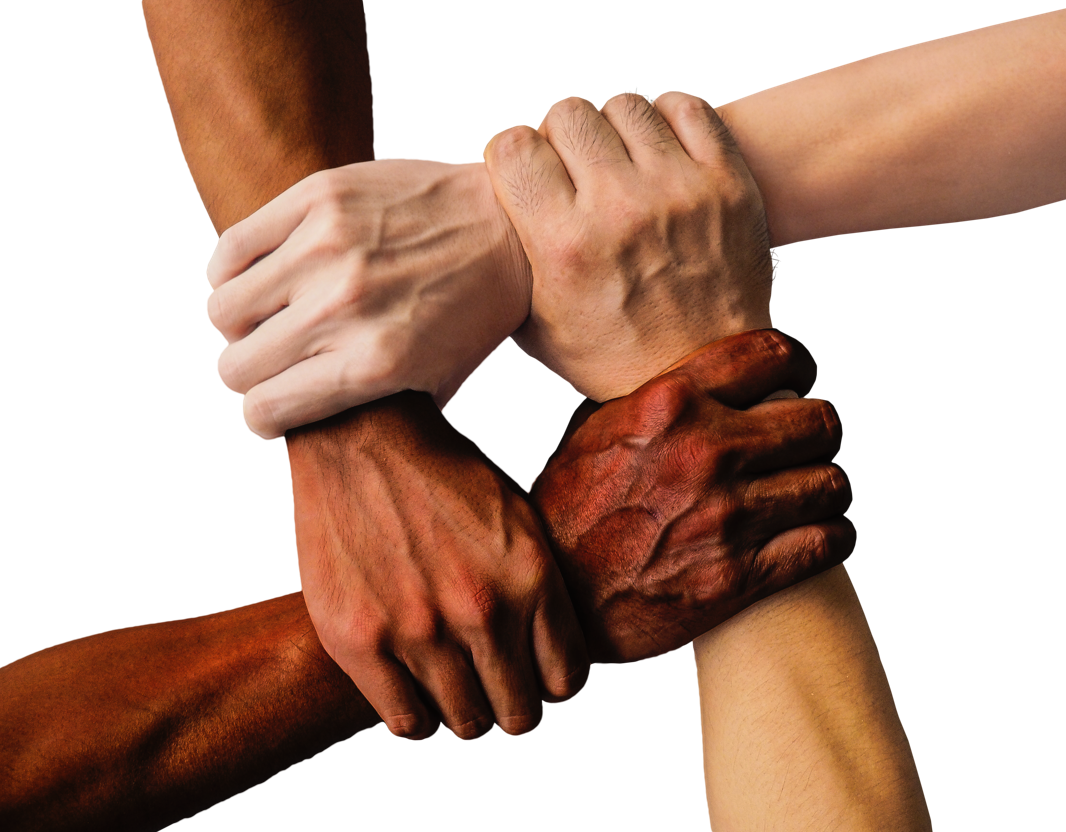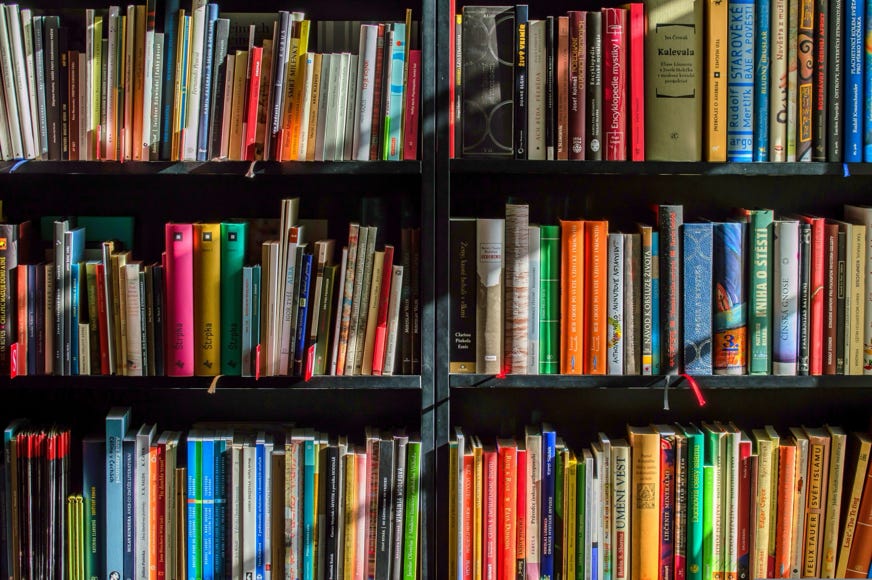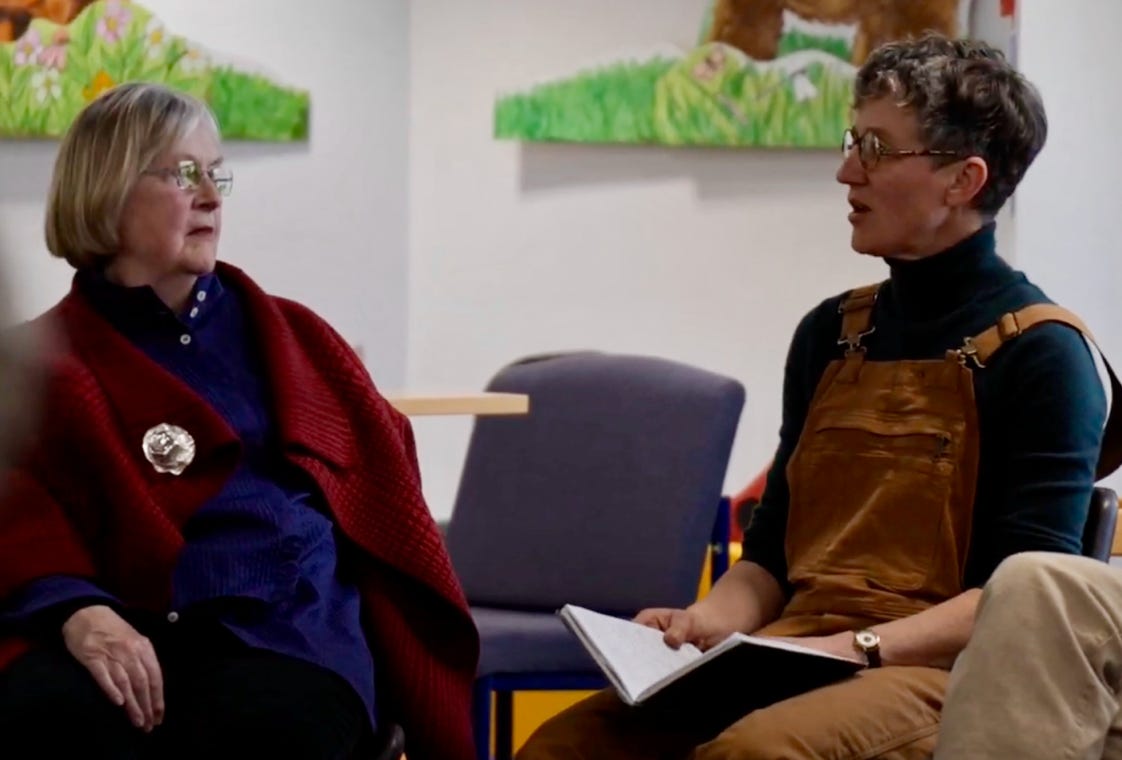References
Links to related sites, recommended books, quotations and other sources of information


Recommended Books:
Scroll down


Related websites:
Copernicus Climate Change Service
Centre for Alternative Technology
Talgarth College Talks and Videos
Riveraction (including a plan to save the River Wye)
Scientists for Global Responsibility
A New Global Treaty On Plastic Pollution
South Shropshire Climate Action
New Scientist: Fix the Planet newsletter
Climate Fresk – quality climate education
Fork Ranger - solving climate change with food
Scroll down
Wise words:
“The world is full of good people. If you can't find one, be one.”
“Solastalgia - the distress produced by environmental change impacting on people while they are directly connected to their home environment.” Glenn Albrecht, Australian philosopher, Land Ecologies Research Group
“There is a myth about human behaviour that withstands all evidence it is that we always put survival first. This is true for other species. When confronted by an impending threat, such as winter, they invest great resources into avoiding or withstanding it; migrating or hibernating for example.
Humans are a different matter. When faced wide an impending or chronic threat, such as climate or ecological breakdown, we seem to go out of our way to compromise our survival.
We will endure only if we cease to consent.
The 19th century democracy campaigners knew it, the suffragettes knew it, Ghandhi knew it, Martin Luther King knew it.
The environmental protesters who demand systematic change have also grasped this fundamental truth... uprising against systematic environmental collapse, we see people, mostly young people, refusing to consent. What they understand is history's most important lesson. Our survival depends on disobedience.”
“We can continue acting as if tomorrow will be just like yesterday, growing less and less prepared for each new disaster as it comes, and more and more desperately invested in a life we can't sustain.
Or we can learn to see each day as the death of what came before, freeing ourselves to deal with whatever problems the present offers without attachment or fear.” Roy Scranton, Learning to Die in the Anthropocene
“I want to learn every single way possible to live our planet. And to do this wholeheartedly, energetically and joyfully.” Isabel Losada
Scroll down

Yesterday Today Tomorrow
©